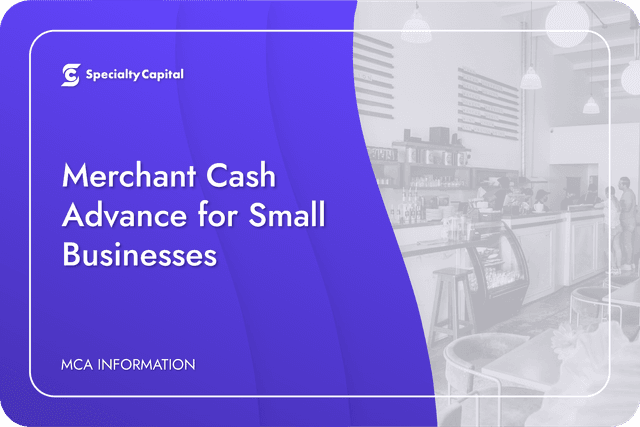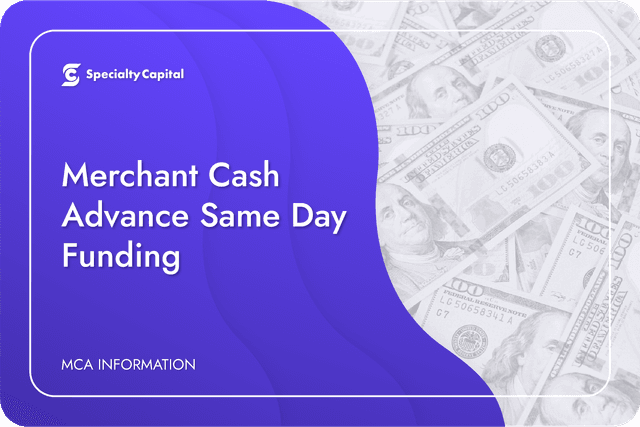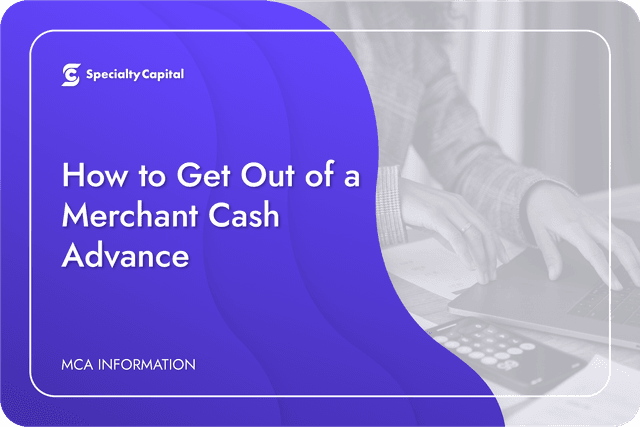This short guide will give you guidance on how to become an ISO for merchant services. But first, what is an ISO in merchant services?
ISO is an acronym for Independent Sales Organization.
In the world of financing, an ISO is a third party that connects merchants using MCA and bank/financial institutions. ISOs are responsible for managing remittance processing systems and help merchants in matters related to advancements and remittance.
Sometimes they are also referred to as merchant service providers/MSP.

This article shall discuss procedural formalities to become an ISO and start providing services.
Here are the steps and formalities to become an ISO
It’s advisable to choose a memorable and relevant business name. Memorable refers to something that is easy to retain in the mind and can be recalled later.
Hence, difficult and long names should be avoided. Likewise, relevancy refers to the fact that the name should reflect services to be provided.
However, it’s important to ensure availability of name within the state you plan to operate in.
You need to select a business structure to move forward in the process.
The business structure should be selected that supports your personal needs and goals. There are four types of business structures: sole proprietor, partnership, limited liability company, corporation, etc.
It’s the simplest form of business structure. The owner presumes all risks and rewards related to the business. Further, it requires the least paperwork and least procedural formalities.
It can be a good idea to select a sole proprietor if you want to do business on a small scale.
Partnership as a business structure is formed by coordination of two or more people. All partners are personally liable for debts and obligations. So, personal liability is not protected.
It’s advisable to select a partnership structure if you want to work in cooperation with other partners.
The liability of LLC members is protected to the extent of business assets. It means members are not personally liable for business debt obligations. However, LLC needs to comply with certain procedural formalities.
It’s viable to choose LLC if you are one or few members and want to protect personal liability. However, only a few states allow registration of single-member LLC.
This business structure creates a separate legal entity. Members of the corporation are called shareholders and are protected from personal liability. However, you must register within the state and comply with extensive procedural formalities.
It’s logical to opt for a corporation if your intention is to operate a business on a larger scale.

The requirement to obtain a license and permits vary from state to state. So you need to check the SBA website to get a detailed understanding of the applicable compliance.
Tax is an important matter to be considered by each business. There are three different types of applicable taxes on business: federal, state, and local levels.
Generally, businesses must comply with rules related to income tax, sales tax, excise tax, property tax, EIN etc.
Creating a business plan gives you a clear understanding of the actions to be performed. It enables you to perform actions in the right direction.
It further enables you to understand your product/services, market, finance required, operational aspects, compliance requirements and where to start exactly.
Further, a business plan for merchant services can help apply for bank sponsorship and application for credit card companies, as discussed below.
It’s one of the critical steps of the registration process and involves market research.
You need to find a bank willing to accept you as a reseller; this can be done by visiting the banks’ website and ensuring their association with the card companies like Visa and Mastercard.
The banks are expected to vet you against their criteria of approval. So, it’s advisable to have a sound business plan, comprehensive business policies, and a clear mindset to provide quality services to the merchants.
It’s highly recommended to affiliate yourself with the right partner; it should be as big as possible – a global sponsor is more desirable.
You need to apply for registration with Visa and Mastercard. The application process is comparatively complex and expected to take sufficient time.
Possibly up to six months. This is because time is needed to complete the vetting process in terms of your financial credibility and ability to work as a remittance processing unit.
You need to pay a registration fee amounting to $10,000 per application in the first year of business. Further, if there is/are concerns about your application process, credit card companies might directly contact your sponsor.
Although the process is lengthy and complex, sometimes it can be completed within just a few weeks.
ISO stands for Independent Sales Organization; they are also called merchant service providers and charged with the responsibility to process advances for merchants and guide them in processes related to remittance.
ISO needs to register with credit card companies and get sponsorship from banks affiliated with credit card companies.
If you want to get registered as ISO, a certain process is to be followed. The process includes choosing a business name, deciding business structure, obtaining license & permits, registering for sales tax, creating a business plan, finding sponsored banks, and making applications for the credit card companies.
The process of registration can be complex and consume sufficient time. So, it’s advisable to keep proper documentation and track of record.
What’s the role of ISO in MCA?
ISO acts as an intermediary between financing companies and merchants. They help merchants in remittance processing and resolve any issues they face related to non-traditional financing.
The non-traditional financing may include merchant cash advance, short-term finance, and other credit lines.
How does ISO earn in MCA?
Generally, MCA earn by following three ways,
1- Residual on transaction fee (this fee is charged transaction wise).
2- Resale of software and services. (It’s about the sale of software and adds on that help merchants in managing remittance).
3- Hardware leasing for software (It’s about the sale of equipment necessary to process customer’s remittance).

Merchant Cash Advance for Small Businesses (Benefits & Requirements)
When small businesses need financing, they have a range of financing options to choose from. But many opt for a merchant cash advance (MCA) because...

Merchant Cash Advance Same Day Funding
A merchant cash advance (MCA) is a great financing option when you need same-day funding, but there are certain requirements, restrictions, and dra...

How to Get out of a Merchant Cash Advance
A merchant cash advance (MCA) can be great when you need short-term financing that’s easy to secure, but what happens if you want to get out of an ...